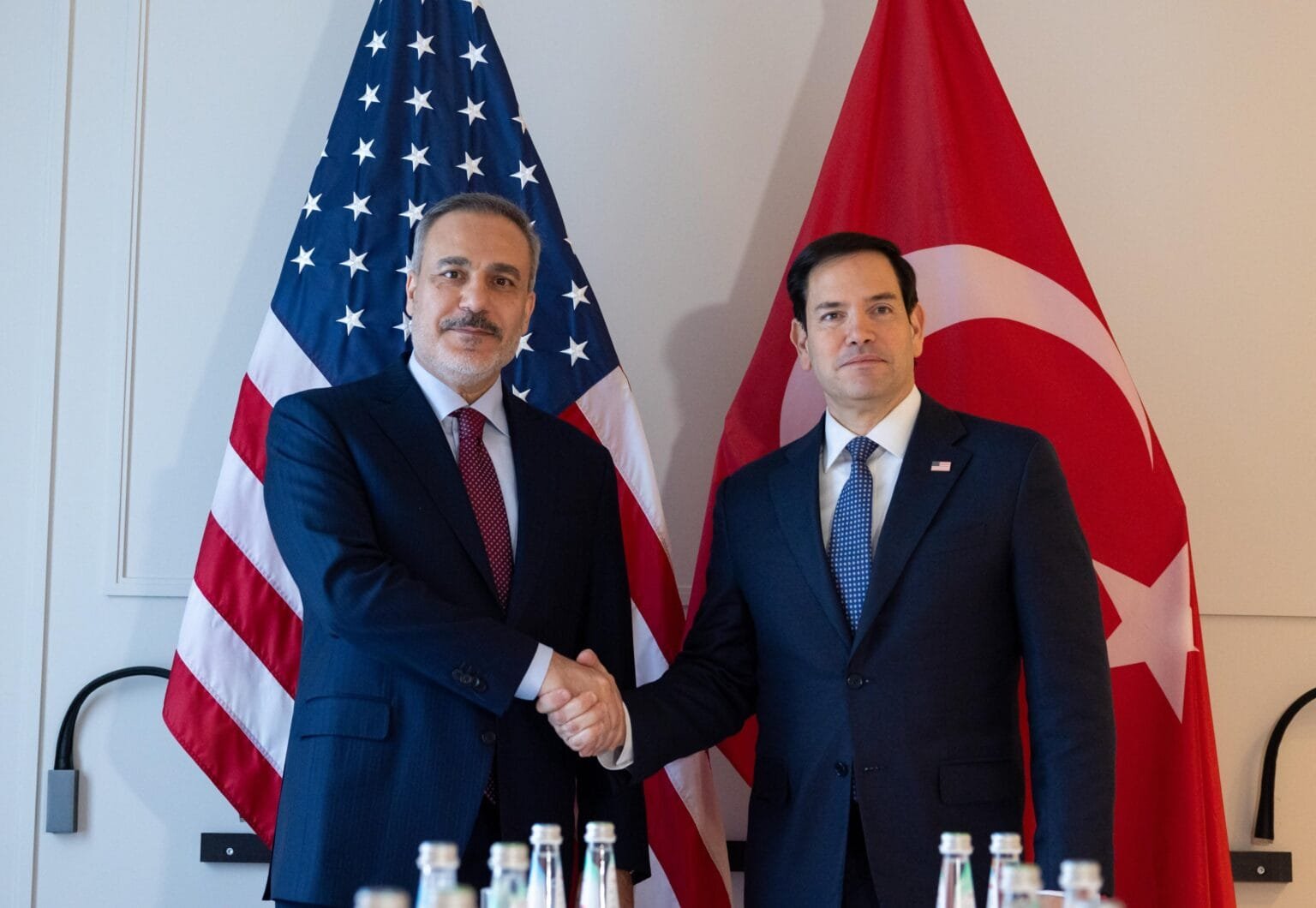Turkey has formally rescinded additional tariffs first imposed in 2018 on a range of U.S. imports, including passenger cars, fruit, rice, tobacco, certain alcoholic beverages, solid fuels, and chemical products, according to the country’s Official Gazette. The tariffs were originally introduced by Ankara in retaliation to U.S. steel and aluminum tariffs enacted during Donald Trump’s first presidency.
The move coincides with President Tayyip Erdoğan’s visit to the United States, where he is slated to address the United Nations General Assembly and meet with U.S. President Donald Trump. It is seen as part of a thaw in bilateral tensions and an effort to improve trade relations, particularly as both sides aim to increase annual two-way trade from around $30 billion last year toward a target of $100 billion.
While Turkey removed these retaliatory tariffs, the government also announced new customs duties of 25-30% on passenger car imports from non-EU countries and those without free trade agreements with Turkey. Analysts say that while the tariff lift signals diplomacy and willingness to de-escalate trade barriers, the imposition of new duties may be intended to protect domestic industry, maintain revenue, and manage trade balances.
The change has immediate significance for U.S. exporters of affected goods, who have faced reduced competitiveness in the Turkish market since 2018. It may also pave the way for deeper negotiations over trade, defense cooperation, and broader economic engagement between Turkey and the United States amid Erdogan’s visit.





